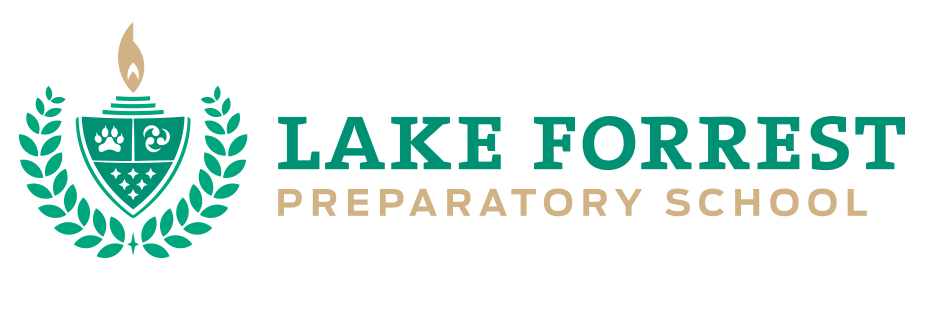In today’s digital age, children have unprecedented access to the vast landscape of the internet. While the online world offers incredible learning opportunities, it also presents dangers, especially when kids navigate it unsupervised. We’re seeing new dangers in the rampant consumerism and negative impact screen time has on developing minds. For example, one concerning trend is the rush to buy everything marketed towards them, a phenomenon that poses risks to their mental (and even physical) well-being.
The Allure of Online Marketing
Children, often impressionable and curious, are easily drawn to the enticing world of online marketing. Colorful advertisements tailored to capture their attention can be found on social media, gaming platforms, and even educational websites. Influencers, even those speaking to older audiences, are catching the attention of younger children just by the nature of these kids having social media accounts before they should. Companies capitalize on the appeal of vibrant visuals and catchy jingles, creating an environment that fosters impulsive purchasing decisions.
Lack of Critical Thinking
Unsupervised internet use can lead to a lack of critical thinking skills in children. Bombarded with a constant stream of advertisements, they may struggle to discern between genuine needs and the manufactured desires created by marketing campaigns. This can foster a consumer culture that encourages impulsivity and instant gratification, potentially impacting their financial habits in the future.
Privacy and Security Concerns on the Internet
Children exploring the internet without proper supervision may unknowingly share personal information online. Marketing strategies often involve collecting data on users’ preferences, habits, and demographics. Unsuspecting kids may inadvertently disclose sensitive information, putting their privacy and security at risk. Teaching children the importance of safeguarding personal details is crucial in the digital age.
Unrealistic Beauty Standards and Materialism
Online marketing often perpetuates unrealistic beauty standards and materialistic ideals. Unsupervised exposure to these messages can contribute to a negative self-image and foster a desire for possessions as a measure of self-worth. Parents need to counterbalance these influences by promoting self-acceptance, critical media literacy, and a healthy understanding of the value beyond material possessions.
Parental Guidance as a Protective Shield
To mitigate the dangers associated with unsupervised internet use, parental guidance is paramount. Establishing open communication about online experiences and setting age-appropriate boundaries helps parents guide their children through the digital landscape. By teaching them to question marketing messages, prioritize needs over wants, and navigate the internet responsibly, parents play a crucial role in shaping their children’s online behavior.
While the internet offers a wealth of educational content and entertainment, parents must remain vigilant about the potential dangers their children face online. At Lake Forrest Prep, we want to foster a culture of critical thinking, digital literacy, and open communication, parents can empower their children to navigate the digital jungle safely and responsibly.


